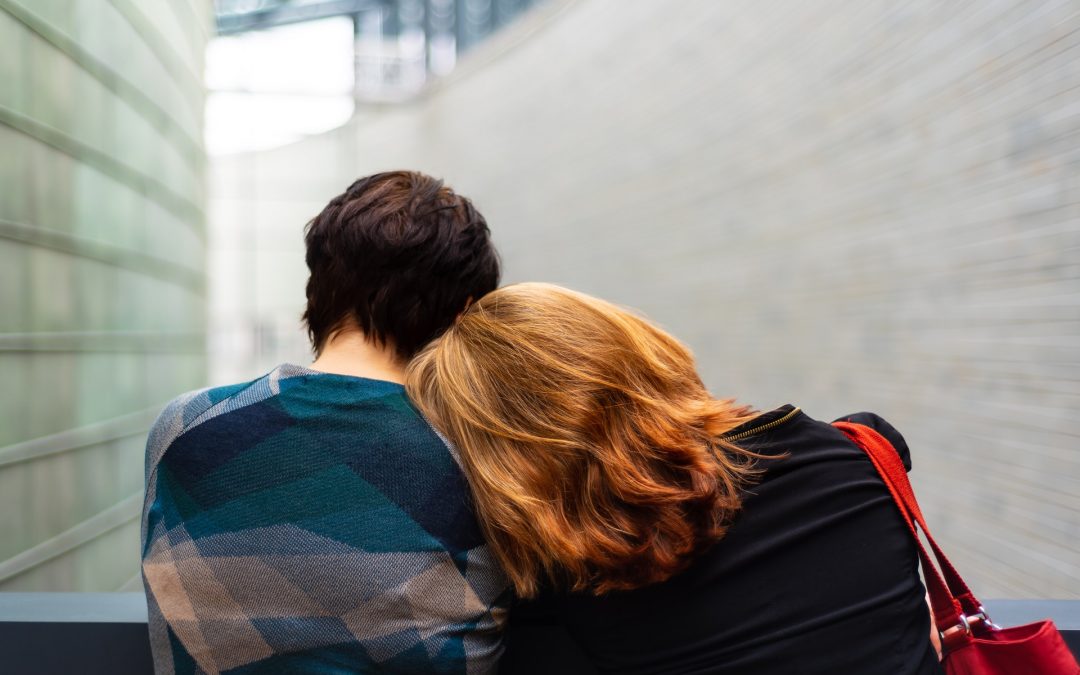Across the United States, people continue to be challenged by the COVID-19 pandemic. This public health crisis has seen increased levels of stress and anxiety, particularly as a result of human detachment and social isolation that has been mandated in communities everywhere. These impacts have negatively affected the overall mental health of citizens from all walks of life. While social distance measures and quarantine have been instituted in the interest of the greater good—prevention and protection against the contraction of the novel coronavirus—they also have been associated with psychosocial challenges for everyone from those who are quarantined due to exposure to the healthcare professionals who provide care to those who are quarantined due to contracting the virus and falling ill. The challenge outside of facing COVID-19 itself is to preserve our social connections so our mental health remains as balanced as possible in these difficult times.
During the COVID-19 outbreak, mental health professionals have cared for people with increased emotional distress in response to the illness and its impacts on them, their loved ones, and their communities at large. They have seen psychological and behavioral responses including common distress reactions (e.g. insomnia, anxiety, decreased perception of safety, anger, etc.), and health risk behaviors (e.g. increased use of alcohol, tobacco, and drugs; increased family conflict; violence; etc.). They have encountered these responses in adults, but also in children and adolescents; additional responses among youth include misbehaviors/acting out and diminished academic performance. Further, some individuals have developed full-blown disorders like depression and anxiety, and even post-traumatic stress. Mental health professionals have discovered that while many people are aware of an increased need for self-care and personal mental health checks to fend off the stress and anxiety of living through a pandemic, many are not; and those are the people most at risk.
Mental health professionals can help during times of increased social distancing and quarantine, but people also should strive to maintain their social connections—staying connected will help keep their mental health balanced so they can cope better with the isolation associated with the COVID-19 pandemic. We can help one another by taking care of friends and family who need assistance with basic tasks (e.g. yard work, grocery pick-up/delivery, or other errands). We can also participate in phone calls or video chats to feel less lonely or isolated. As long as we balance caring for others with caring for ourselves, we are sure to emerge from the COVID Times well and whole.
If you or a loved one needs immediate mental health assistance, there is help available. Here are some national resources provided by the American Psychiatric Association (APA):
- Disaster Distress Helpline (SAMHSA)
Call 1-800-985-5990 or text TalkWithUs to 66746 - National Suicide Prevention Lifeline (Link)
Call 800-273-8255 or Chat with Lifeline - Physician Support Line (Link)
Call 1-888-409-0141 - Crisis Textline (Link)
Text TALK to 741741

